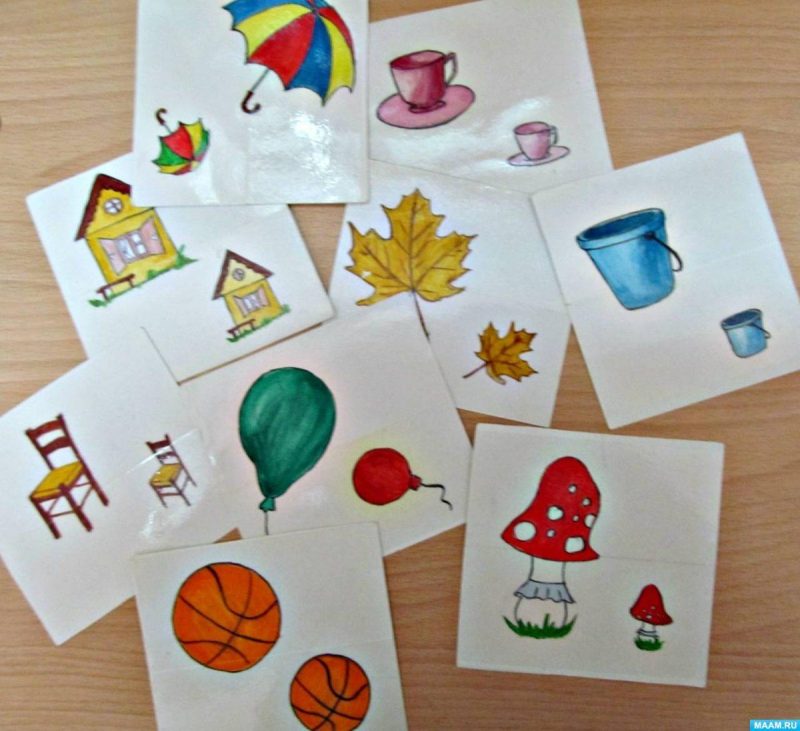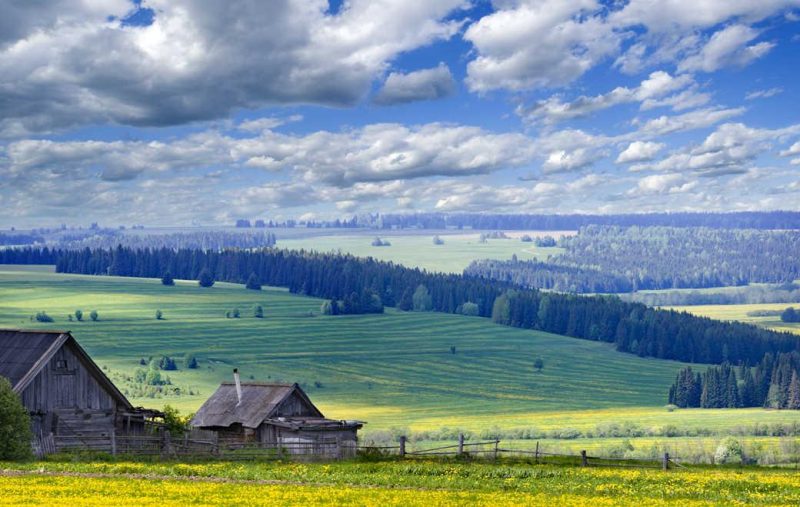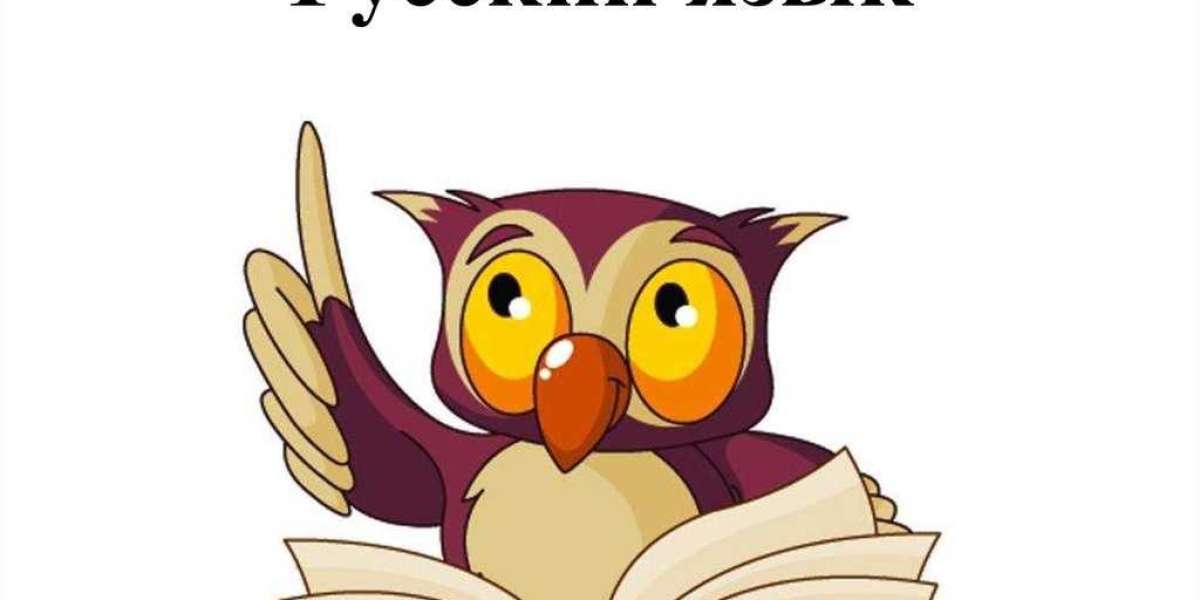
Table of Contents
The Russian language is interesting and attractive to foreigners with its rich literature, cultural heritage and expressiveness. However, abroad it is often seen as complex and mysterious, sometimes completely alien and incomprehensible. We have collected ten impressive facts about this language.
Russian is a hard nut to crack in the linguistic world
Russian is rightly considered one of the most difficult languages to learn, a real puzzle for foreigners, and this is not just a stereotype. Its case system is like a maze with six exits (and all of them seem to be correct, but try to find the right one!). And when you finally learn all the rules, you’ll immediately encounter a lot of exceptions, as if someone has deliberately decided to make the task more difficult. Let’s briefly name the main difficulties you will encounter while learning the language:
- Cases – There are six cases with different endings.
- Grammatical gender – There are masculine, feminine, and neuter genders.
- Verb types – There are perfect and imperfect verb types.
- Exceptions to the rules – There are many irregular forms and exceptions.
- Verb Conjugation – Complex forms for tenses and persons.
- Emphasis – The dependence of the meaning of a word on a correctly placed accent.
- Phonetics – Difficult to pronounce sounds, softness and hardness of consonants.
- Free word order – Different variations in sentence construction.
- Synonyms and nuances – Large number of synonyms and subtle differences in meaning.
- Intonation – A complex system of intonation that often completely changes the meaning of phrases and makes a question out of a statement and vice versa.

Listen to nature – it speaks Russian
Russian language is closely connected with nature. Many words seem to be directly borrowed from the sounds that are produced by various phenomena around us. Take, for example, the word “noise”. If you listen, it sounds like the wind in the forest. And here is the word “crunch” resembles the sound of a branch breaking. These words literally come to life when you say them. Maybe that’s why it’s so easy to describe emotions and atmosphere in Russian.

The Russian language dictionary is a veritable treasure trove of synonyms
If you think that the word “beautiful” is the only way to describe your admiration from contemplating something, you are very wrong. The Russian language is so rich in synonyms that you can describe the same thing in dozens of ways. The word “beautiful” can be replaced with “beautiful”, “magnificent”, “elegant”, “dazzling”, “marvelous” – and that’s just the beginning of the list. Russian is not just a language, it is a real field for creativity!

Words with double accent – a highlight of the Russian language
An interesting and unusual feature: in the Russian language there are words that can be pronounced with a different accent, and in this case their meaning will not change. For example, “torts” or “cakes” – both variants are correct. The language gives you not only freedom of choice, but also a chance to play with accents!

The longest word
In the Russian language there are words that look as if they decided to collect all the letters of the alphabet in one place. If we do not take into account chemical terms with their infinite: tetrahydropyranylcyclopentyltetrahydropyridopyridine or methoxychlorodiethylaminomethylbutylaminoacridine. More humanizing is this long word, “radiographic-electrocardiographic.” This is a medical term, and if you suddenly have to pronounce it, you will feel like a real professor! But be careful – don’t forget to take a deep breath before you say it.

In the old days, the Russian alphabet was longer
Today we are used to the fact that the Russian language has 33 letters, but this was not always the case. Once the Cyrillic alphabet had as many as 43 letters! One by one, S (zelo), I (and decimal), Ђ (chie), OY (ouk), Ѡ (omega), Ҁ (koppa), Ѣ (yat), Ѧ (small yus), Ѫ (big yus), Ѯ (ksi), Ѱ (psi), Ѳ (fita) and Ѵ (izhitsa) disappeared from the alphabet. The last time the alphabet was simplified after the 1918 reforms, we lost some interesting characters. Who knows, maybe in an alternate universe we would write completely differently now!

“Yes” in Russian is not always just ”yes”
If you think that the word “yes” in Russian is the only expression of agreement, you are in for a disappointment. Depending on the situation, “yes” can turn into “uh-huh”, “aha”, “of course”, “exactly”, “da-da”, and sometimes even into a meaningful silence with raised eyebrows. The Russian language is rich not only in words, but also in intonation, which can change the meaning of even a simple agreement.

The diminutive-lascivious forms are a special language of love
In the Russian language, diminutive-lascivious forms are affection, tenderness and appeasement! With their help you can express your feelings or friendly attitude. “Sergey” can become ‘Serezhenka’, and ‘cat’ – ‘kitty’. This is not just a form of communication, but a way to show warmth and care. It is not surprising that even adults can be “Tanechka” and “Sashenka” for their loved ones.

Russian language for export
Russian not only borrows words itself, but also generously shares them with other languages. One of the most famous words is “sputnik”. After the launch of the first artificial satellite in 1957, this word became international and is now used all over the world. Often foreigners can speak Russian without even realizing it. Here are some more widely-used Russian words that have taken root well in other languages: sable, mammoth, nihilist, intelligentsia, babushka, dacha.

Where the land of Russia came from
The name Russia came from the medieval name “Russia” or “Rus”, which was used to designate the territories of the Eastern Slavs on the territory of Kievan Rus, which existed from the IX to XII centuries. It is believed that the name “Rus” came from the Varangian tribe Rus, which in the IX century played a significant role in the formation and management of the state.
In the XIV-XV centuries, after the collapse of Kievan Rus, the Principality of Moscow began to strengthen and claim the heritage of Rus. In the 16th century, Ivan the Terrible officially adopted the title “Tsar of All Russia”, and since then the name “Russia” has stuck to the state.

The Russian language is not just a means of communication, but a living history that reflects the culture and soul of the people. For many foreigners it seems difficult, but it is in these difficulties that its uniqueness lies. It is like traveling to an uncharted world, where every new word is a small discovery, and rules and exceptions are exciting riddles.
Yes, learning Russian is not an easy task, but behind every difficulty lies an opportunity to feel the language literally come to life. Here you can play with accents, choose from a variety of synonyms and express the most subtle emotions that other languages often can not.
Everyone who decides to master Russian is not just learning a new language, but discovering the key to a vast universe of ideas, emotions and history. It’s like entering a new world where every word holds a piece of culture and heritage. And the further you go, the more you realize how rich and amazing this language is.
Source: www.1russian.com








